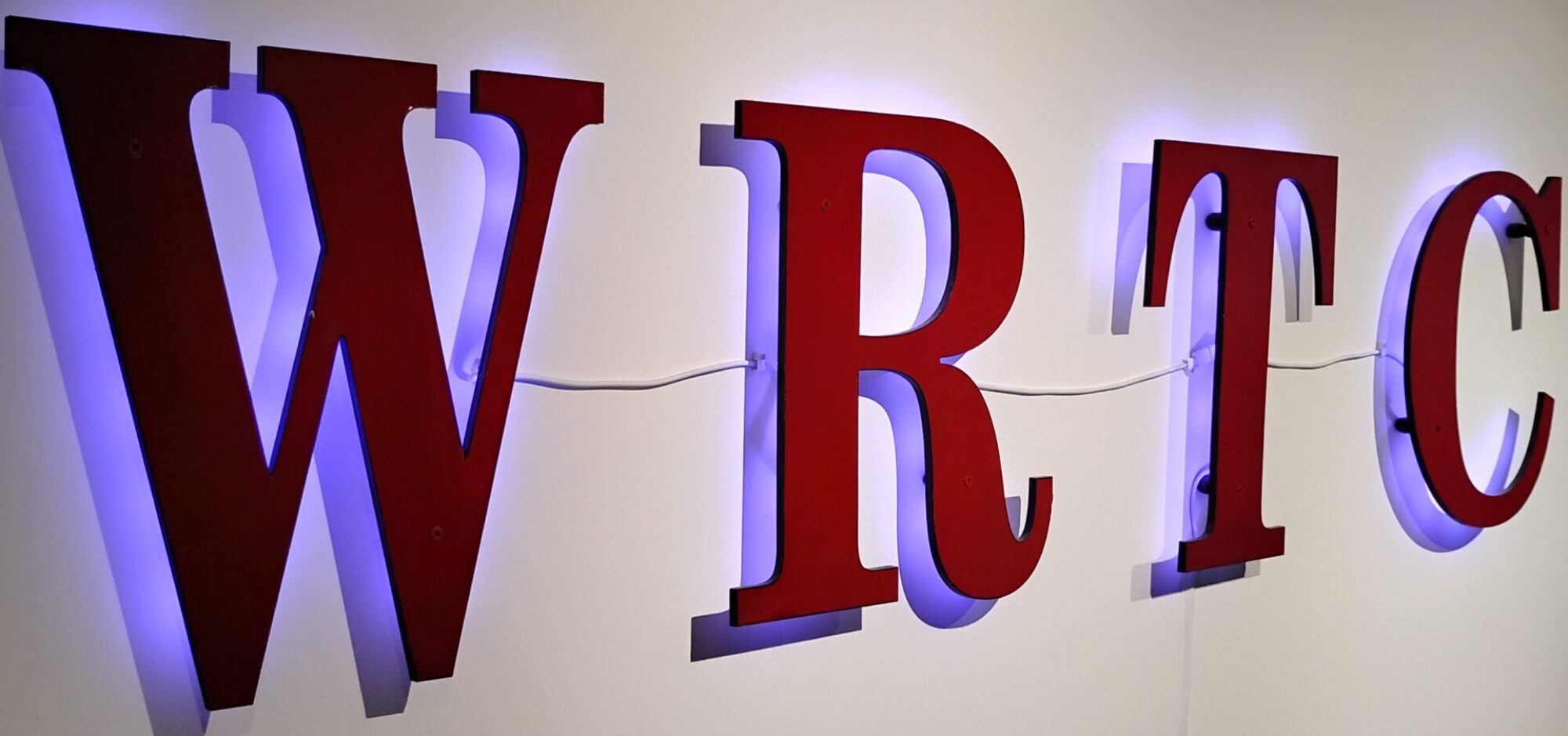The Feb. 15 edition of Greasy Tracks was blues laden as guitarist Chris Beard and legendary harp player Charlie Musselwhite were spotlighted.
Click here to listen to an archive of the show, while a playlist is here.

Musselwhite plays Infinity Hall in Hartford on on Feb. 27 while Beard appears appears at Black-Eyed Sally’s in Hartford on March 6. The program featured interviews with each and a wide range of music from across their respective careers.
As was the case with many blues greats — especially harp players like Walter “Shakey” Horton, Sonny Boy Williamson, Junior Wells, Little Walter and James Cotton — Musselwhite was born in the south, cut his teeth as a musician in Memphis before ultimately making his mark in Chicago, initially moving to the Windy City lured by a well-paying factory job.

Working a series of different jobs in Chicago, Musselwhite, surrounded by literal blues legends, honed his skills and in 1967 at the age of 22, he had signed with Vanguard Records — known for traditionally releasing classical material, but then starting to move into the folk, blues and jazz styles — and released Stand Back! Here Comes Charley Musselwhite’s Southside Band. Despite his first name being misspelled, the album has been deemed a classic and also marked the recording debut of guitarist Harvey Mandel who was part of the session.
One track on the album, which remains part of Musselwhite’s live sets, was Duke Pearson’s “Cristo Redentor” which Mandel — who later went on to play with Canned Heat and John Mayall — covered on his debut album a year later.
Musselwhite and harp player Paul Butterfield, who was also based in

Chicago, were at the forefront of the burgeoning “white blues” movement as the duo and their associated musicians, such as guitarists Elvin Bishop and Michael Bloomfield and keyboardist Barry Goldberg, were standard bearers for the style handed down by those who had influenced them.
Musselwhite has released more than 20 albums, been nominated for 13 Grammy Awards and his 2014 Get Up album, recorded with Ben Harper, won a Grammy for Best Blues Album.
Over the years, he has collaborated with John Lee Hooker, Eddie Vedder, Tom Waits, Bonnie Raitt, The Blind Boys of Alabama, Gov’t Mule, INXS, Mickey Hart, George Thorogood and Cat Stevens.

The blues lineage runs in Beard’s family. His father, Joe Beard, grew up with Matt “Guitar” Murphy in Ashland, Miss., and started playing guitar in his teens. He would record a handful of albums, share the stage with the likes of Bobby Bland, Buddy Guy and Albert King, do occasional tours and even played the 1989 inaugural gala for President George H.W. Bush.
It was the likes of the aforementioned Guy, Murphy and King making visits to the Beard household that helped inspire Chris at a young age to pick up the guitar. The first song he claims to have played, at the age of six, was “Green Onions,” the chart smash for Booker T & the M.G.s that no doubt was on the radio often in the Beard house.
Chris Beard, nicknamed “Prince of Blues,” released his debut, Barwalkin’ in 1997 and since that time has put out four additional albums. Much like his live shows, he prefers to play his own material and eschews relying on covers to fill space.

In 1999, he was recognized as “New Talent of The Year” by Blues Beat magazine.
Beard says he plans on releasing his next studio album this summer after doing sessions with guitarist Kenny Neal and The Neal Brothers Blues Band — known as Baton Rouge’s first family of the blues — backing him up last summer in the studio..
